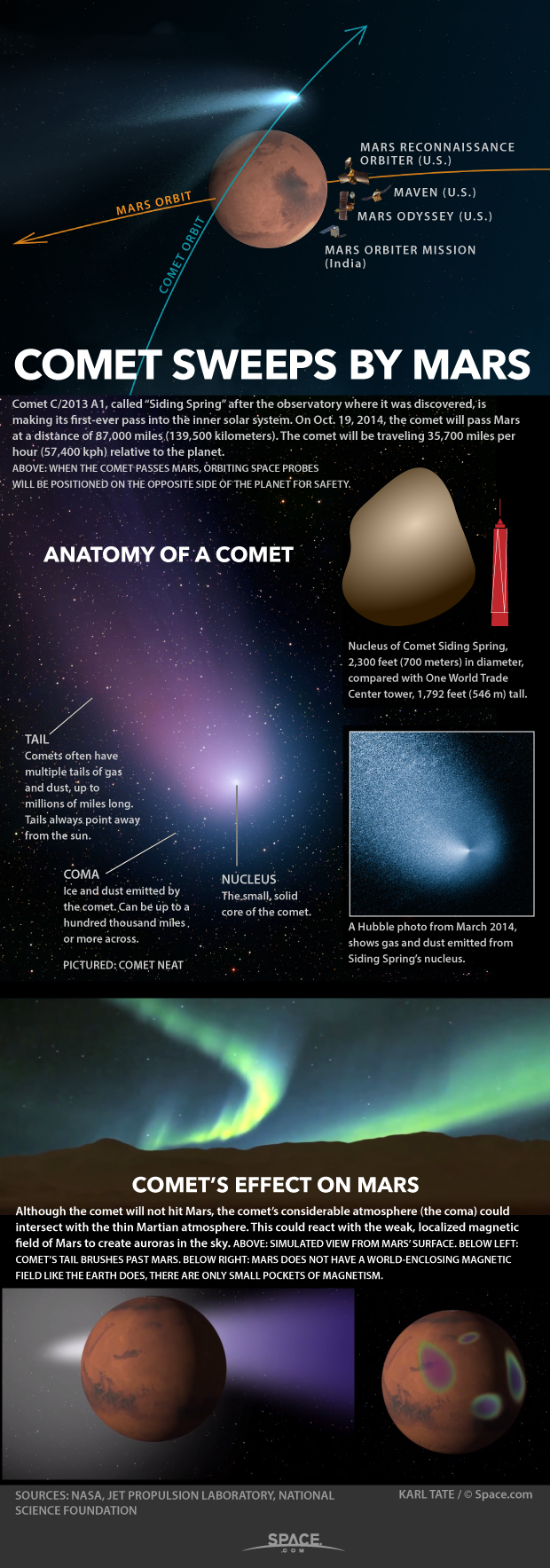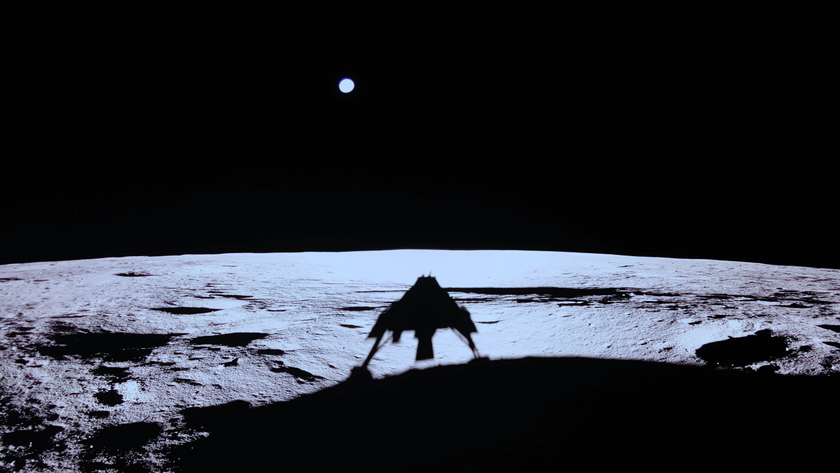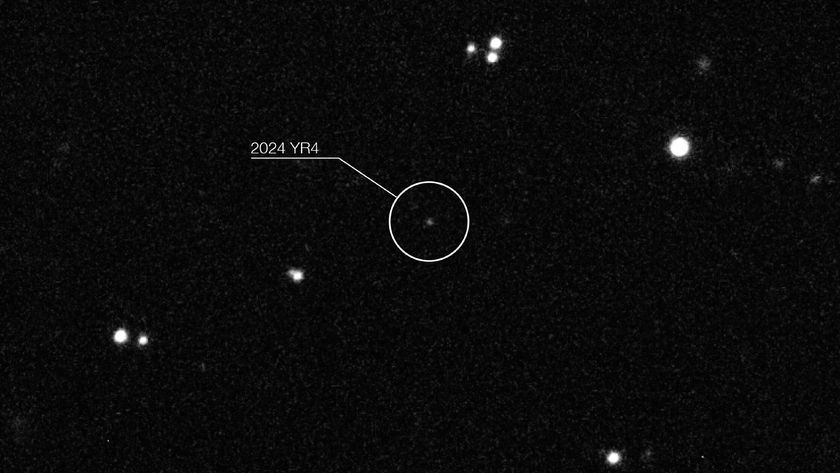Comet's Close Encounter with Mars Explained (Infographic)

Comet C/2013 A1, called "Siding Spring" after the observatory where it was discovered, is making its first-ever pass into the inner solar system. On Oct. 19, 2014, the comet will pass Mars at a distance of 87,000 miles (139,500 kilometers). The comet will be traveling 35,700 miles per hour (57,400 km/h) relative to the planet.
Comet Siding Spring's Rare Mars Flyby: Full Coverage
The nucleus is the small, solid core of the comet. The nucleus of Comet Siding Spring is 2,300 feet (700 meters) in diameter, compared with the height of One World Trade Center tower, which is 1,792 feet (546 m) tall.
Mars-Bound Comet: Photos of Comet C/2013 A1 Siding Spring (Gallery)
Ice and dust emitted by the comet forms an atmosphere called a coma, which can be up to a hundred thousand miles or more across. Comets often have multiple tails of gas and dust, up to millions of miles long. Tails always point away from the sun.
Although the comet will not hit Mars, the comet’s considerable atmosphere (the coma) could intersect with the thin Martian atmosphere. This could react with the weak, localized magnetic field of Mars to create auroras in the sky.
Collision Course? A Comet Heads for Mars
Mars Comet Fly-by: Orbiters to 'Duck And Cover' Behind Planet | Video
Comet Quiz: Test Your Cosmic Knowledge
Follow us @Spacedotcom, Facebook and Google+.
Join our Space Forums to keep talking space on the latest missions, night sky and more! And if you have a news tip, correction or comment, let us know at: community@space.com.
Get the Space.com Newsletter
Breaking space news, the latest updates on rocket launches, skywatching events and more!

Karl's association with Space.com goes back to 2000, when he was hired to produce interactive Flash graphics. From 2010 to 2016, Karl worked as an infographics specialist across all editorial properties of Purch (formerly known as TechMediaNetwork). Before joining Space.com, Karl spent 11 years at the New York headquarters of The Associated Press, creating news graphics for use around the world in newspapers and on the web. He has a degree in graphic design from Louisiana State University and now works as a freelance graphic designer in New York City.


